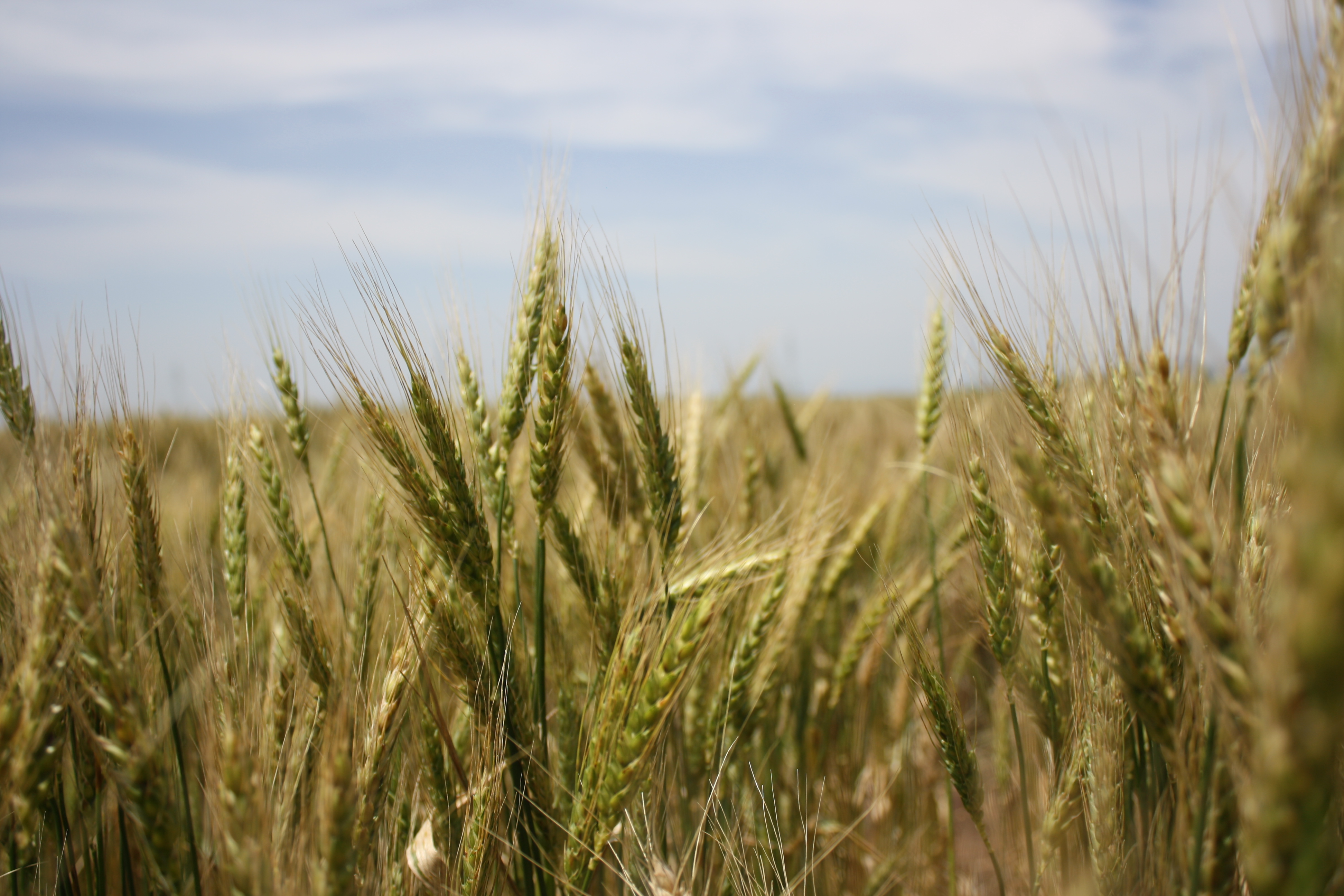Scientists at the University of Liverpool have unravelled the genetic code of wheat, which will help breeders produce crops with the desired traits.
The researchers developed a technology that can read DNA hundreds of times faster than the systems that were used to sequence the human genome. The technology helped scientists decode the incredibly complex wheat genome in what would have taken decades to do with previous methods. The project took one year, whereas decoding the human genome took over a decade.
The researchers published their analysis of more than 90,000 genes in the journal Nature, which will help wheat breeders produce crop that are better able to cope with disease, drought and other stresses that cause crop losses, the university said.
Anthony Hall, from the University Institute of Integrative Biology and co-author of the research, was quoted as saying, “Understanding wheat’s genetic information and lining up its data into a form that crop breeders can use will help develop wheat that has particular agricultural traits, such as disease resistance and drought tolerance.
The genomes of other major staples have been deciphered already: rice in 2002 and maize in 2009.
Cornell University, in the meantime, has announced that it has received more than US$25 million to help African scientists use a state-of the-art approach to selecting desired traits through their analysis of the cassava genome to produce hardier varieties of the root crop. Cassava is a staple in many countries in the continent.
Cassava breeding is typically a lengthy process; it takes almost a decade to multiply and release a new variety. Genomic selection can shorten breeding cycles, provide more accurate evaluation at the seedling stage, and give plant breeders the ability to evaluate a much larger number of clones without the need to plant them in the target environment. Using genomic selection, new releases of cassava could be ready in as little as six years.
The money has been made available by the Bill and Melinda Gates Foundation and the UK Department for International Development.
jk/rz
This article was produced by IRIN News while it was part of the United Nations Office for the Coordination of Humanitarian Affairs. Please send queries on copyright or liability to the UN. For more information: https://shop.un.org/rights-permissions





